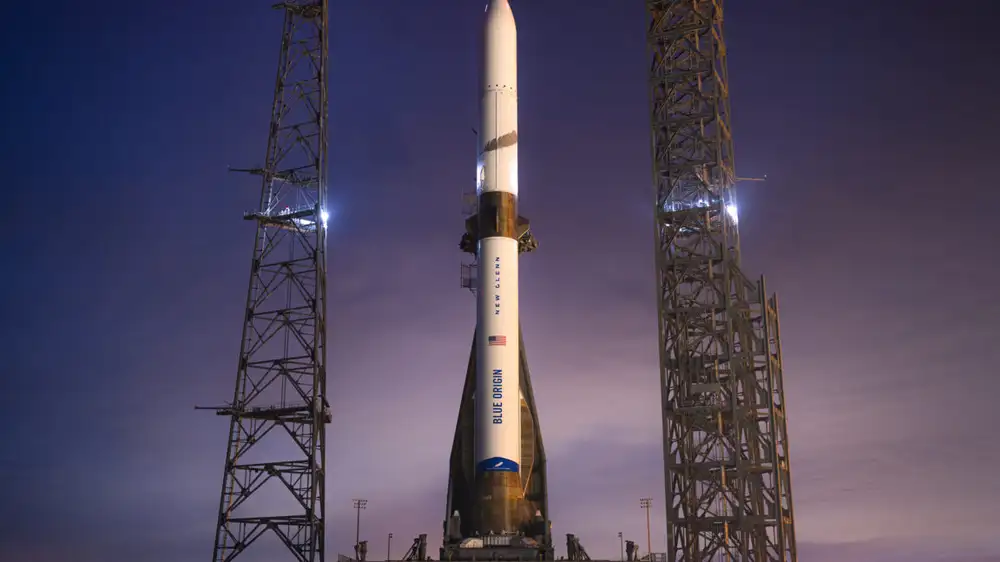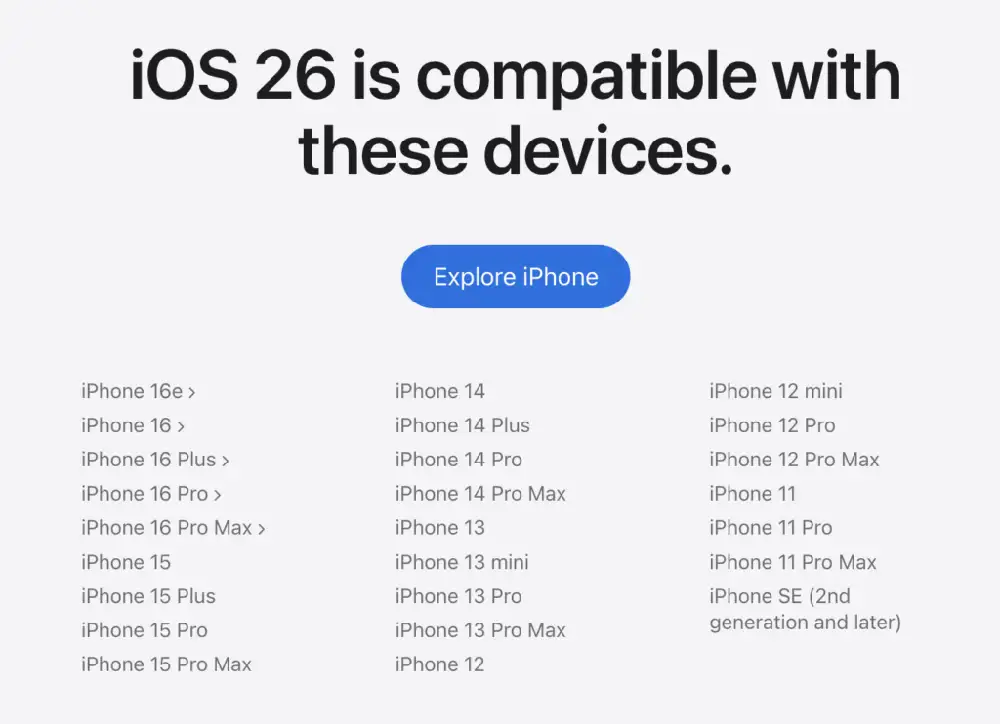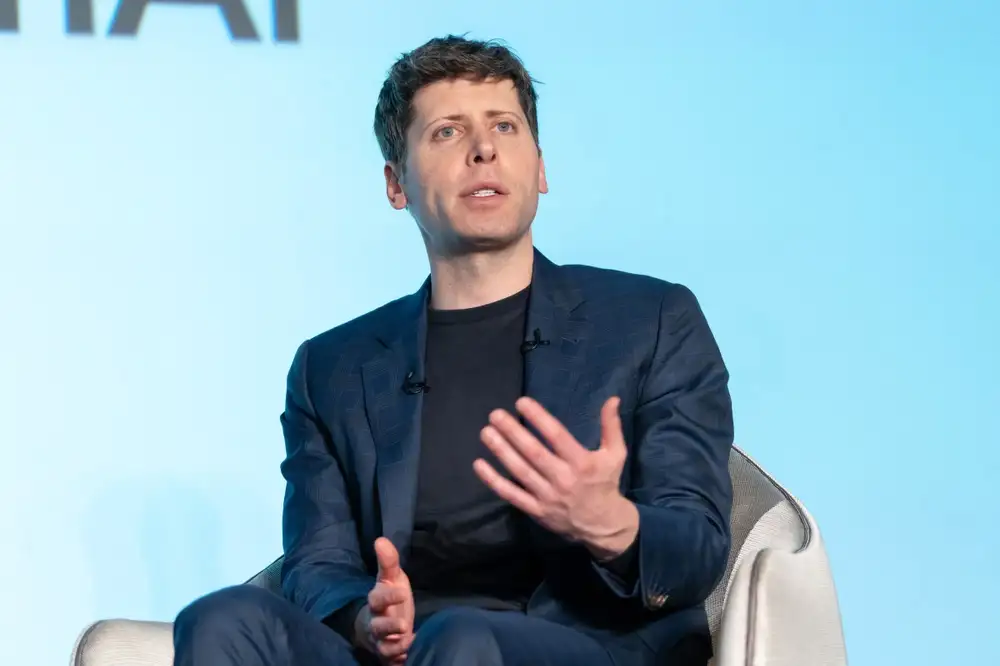A few weeks ago, the chief executive of Blue Origin, Dave Limp, convened an all-hands meeting for the more than 12,000 employees at the company. Among the most critical items he discussed was the launch rate for the New Glenn rocket and how the company would fall significantly short of its goal for this year.
Before 2025 began, Limp had set expectations alongside Blue Origin founder Jeff Bezos: New Glenn would launch eight times this year.
However, since the rocket's mostly successful debut in January, five months have passed. At one point the company targeted "late spring" for the second launch of the rocket. However, on Monday, Limp acknowledged on social media that the rocket's next flight will now no longer take place until at least August 15. Although he did not say so, this may well be the only other New Glenn launch this year.
The mission, with an undesignated payload, will be named "Never Tell Me the Odds," due to the attempt to land the booster.
"One of our key mission objectives will be to land and recover the booster," Limp wrote. "This will take a little bit of luck and a lot of excellent execution. We’re on track to produce eight GS2s this year, and the one we’ll fly on this second mission was hot-fired in April."
A key departure
In this comment, GS2 stands for "Glenn stage 2," or the second stage of the large rocket. It is telling that Limp commented on the company tracking toward producing eight second stages, which would match the original launch cadence planned for this year. This likely is a fig leaf offered to Bezos, who, two sources said, was rather upset that Blue Origin will not meet (or even approach) its original target of eight launches this year.
One person familiar with the progress on the vehicle told Ars that even a launch date in August is unrealistic—this too may have been set aggressively to appease Bezos—and that September is probably the earliest the rocket is likely to be ready for launch. Blue Origin has not publicly stated what the payload will be, but this second flight is expected to carry the ESCAPADE mission for NASA.
On May 28, a couple of days after Limp's all-hands meeting, the chief executive emailed his entire team to announce an "organizational update." As part of this, the company's senior vice president of engines, Linda Cova, was retiring. Multiple sources confirmed this retiring was expected and that the company's program to produce BE-4 rocket engines is going well.
However the other name in the email raised some eyebrows, coming so soon after the announcement that New Glenn's cadence would be significantly slower than expected. Jarrett Jones, the senior vice president running the New Glenn program, was said to be "stepping away from his role and taking a well deserved year off" starting on August 15. It is not clear whether this departure was linked to Bezos' displeasure with the rocket program. One company official said Jones' sabbatical had been planned, but the timing is curious.
A search for internal and external candidates to fill his role is ongoing.
Long on potential
The missed expectations must be disappointing for Bezos, who in January said his priority for Blue Origin this year was to hit a higher cadence with the company's new rocket. When Ars asked what Bezos wanted to see accomplished this year, he replied, "Rate manufacturing and driving urgency around the machine that makes the machine. We need to produce a lot of second stages. And we need to produce a lot of booster stages, too."
It’s an interesting time for the company Bezos founded a quarter of a century ago. Given the breakdown in relations between President Trump and SpaceX founder Elon Musk last week, there is a newfound hunger in the federal government for alternatives to Musk's dominant launch company. If New Glenn could get flying frequently, there would be ample launch contracts available.
Moreover, Bezos' other company, Amazon, is starting to make good progress on building Project Kuiper satellites—according to one person, nearly two-dozen spacecraft for the company's third operational launch have already arrived at Cape Canaveral, Florida. However, because of delays with Amazon's other partners for Kuiper, these satellites will go to space on SpaceX's Falcon 9 rocket.

 Apple drops support for just three iPhone and iPad models from iOS and iPadOS 26
Apple drops support for just three iPhone and iPad models from iOS and iPadOS 26